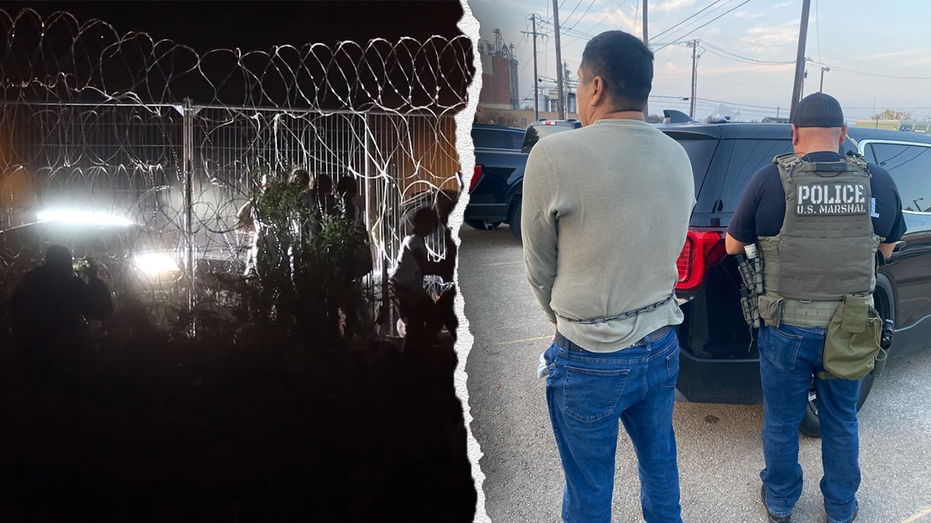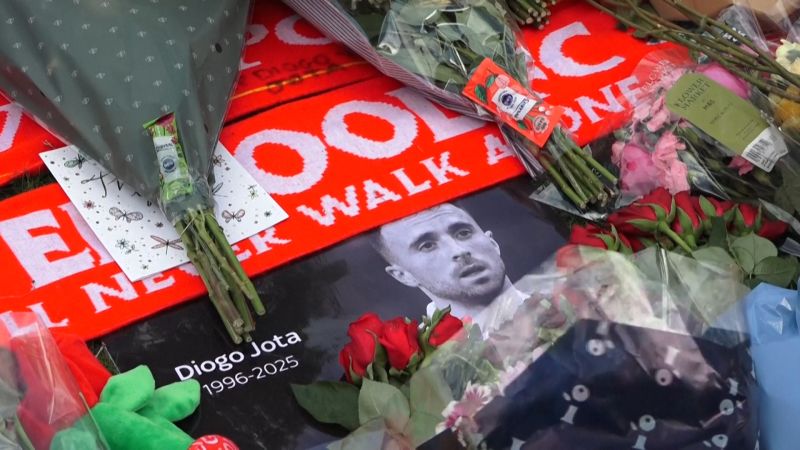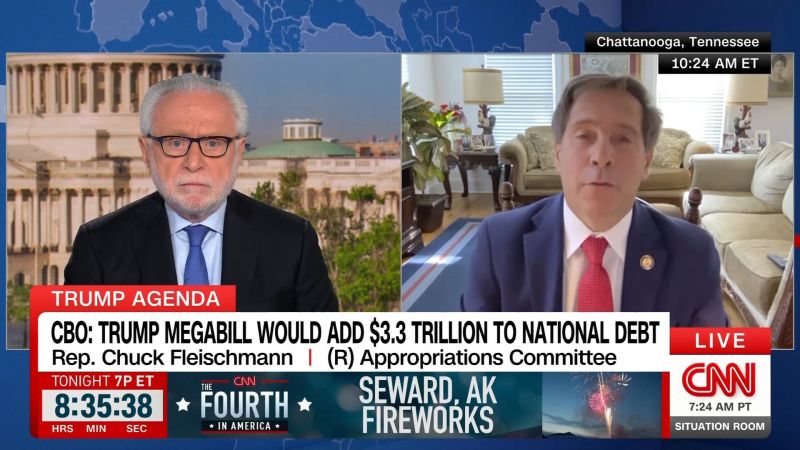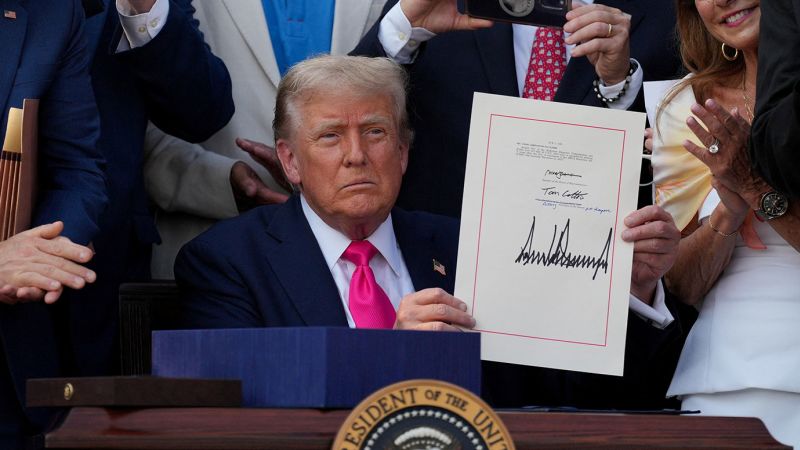Trump’s Changing Tone on Putin: A Shift in US-Russia Relations?
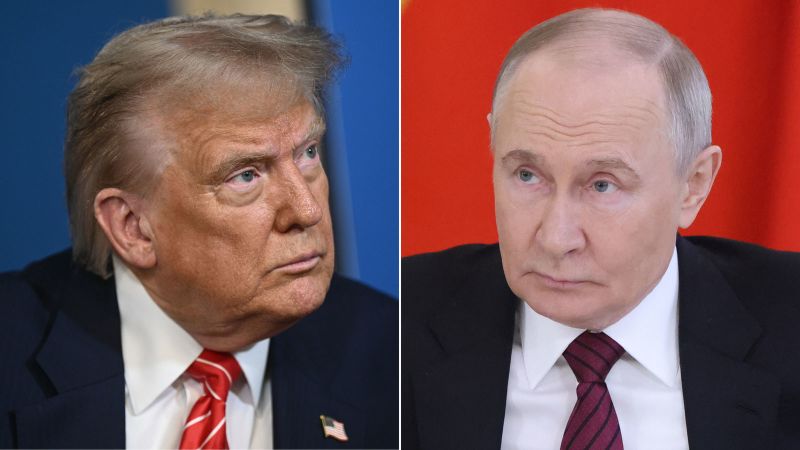
Five months ago, President Donald Trump surprised many by asserting that Russian President Vladimir Putin, despite his aggressive actions in Ukraine, desired peace. “I believe he wants peace,” Trump stated confidently, citing his personal rapport with Putin. However, recent developments suggest a significant shift in Trump’s stance, marked by his candid remarks at a Cabinet meeting where he expressed skepticism about Putin’s reliability. “We get a lot of bullsh*t thrown at us by Putin,” Trump declared, signaling a departure from his previously conciliatory tone.
This change in rhetoric aligns with a broader evolution in Trump’s approach to the ongoing conflict in Ukraine. Notably, he has resumed the shipment of defensive weapons to Ukraine, distancing himself from earlier positions that equated blame between Russia and Ukraine. Furthermore, Trump has praised the courage of Ukrainian fighters, acknowledging the effectiveness of U.S. support. “The Ukrainians… were very brave because somebody had to operate that stuff,” he remarked, indicating a newfound respect for Ukraine’s military efforts.
Context Behind the Shift
The timing of Trump’s change in tone raises questions about the underlying motivations. Historically, Trump has been known for his unpredictable foreign policy, often described as the “madman theory.” Despite his past criticisms of Putin, Trump’s interactions with the Russian leader have rarely indicated a firm stance against Russian aggression. This latest shift could be an attempt to apply pressure on Putin, rather than a definitive policy change.
Interestingly, Trump has refrained from endorsing new sanctions on Russia, which have garnered bipartisan support in the U.S. Senate. This hesitation suggests that while Trump is willing to criticize Putin publicly, he may still be exploring diplomatic avenues. Trump’s reluctance to play the sanctions card, despite its availability, underscores the complexity of his approach to Russia.
Historical Parallels and Political Calculations
Trump’s current stance on Russia is reminiscent of his brief condemnation of the Russian invasion in 2022, when he labeled it “appalling.” At that time, Trump faced criticism for his earlier praise of Putin’s tactics, prompting a temporary shift in rhetoric. However, this change was short-lived, as Trump soon returned to his more familiar, conciliatory approach.
The question now is whether Trump’s recent comments signal a lasting change. There are indications that Trump may be recognizing the irreconcilability of his goals in Ukraine with Putin’s ambitions. For Trump, achieving a “win” in Ukraine has been a priority, yet Putin’s actions suggest little interest in a peace deal that doesn’t involve significant territorial gains.
“He’s an open-minded man, but he’s not naive,” said State Department spokeswoman Tammy Bruce, commenting on Trump’s evolving stance.
Implications and Future Prospects
Trump’s evolving rhetoric may reflect a deeper frustration with Putin’s perceived manipulation. In April, Trump hinted that Putin might be “just tapping me along,” suggesting a growing awareness of the challenges in negotiating with the Russian leader. The recent escalation of Russian drone attacks on Ukraine further complicates the situation, potentially influencing Trump’s calculations.
Domestic politics and personal pride also play a role in Trump’s foreign policy decisions. Throughout his presidency, Trump has often refrained from making moral judgments about authoritarian leaders, focusing instead on pragmatic considerations. In the case of Ukraine, the shifting geopolitical landscape may be prompting a reevaluation of Trump’s approach.
Ultimately, the durability of Trump’s shift remains uncertain. While his recent comments suggest a more critical view of Putin, the strategic and political factors influencing his decisions are complex. As the situation in Ukraine continues to evolve, Trump’s stance may continue to adapt, reflecting the dynamic nature of international relations.
Only time will reveal whether Trump’s latest rhetoric marks a genuine turning point in U.S.-Russia relations or a temporary adjustment in response to changing circumstances.

